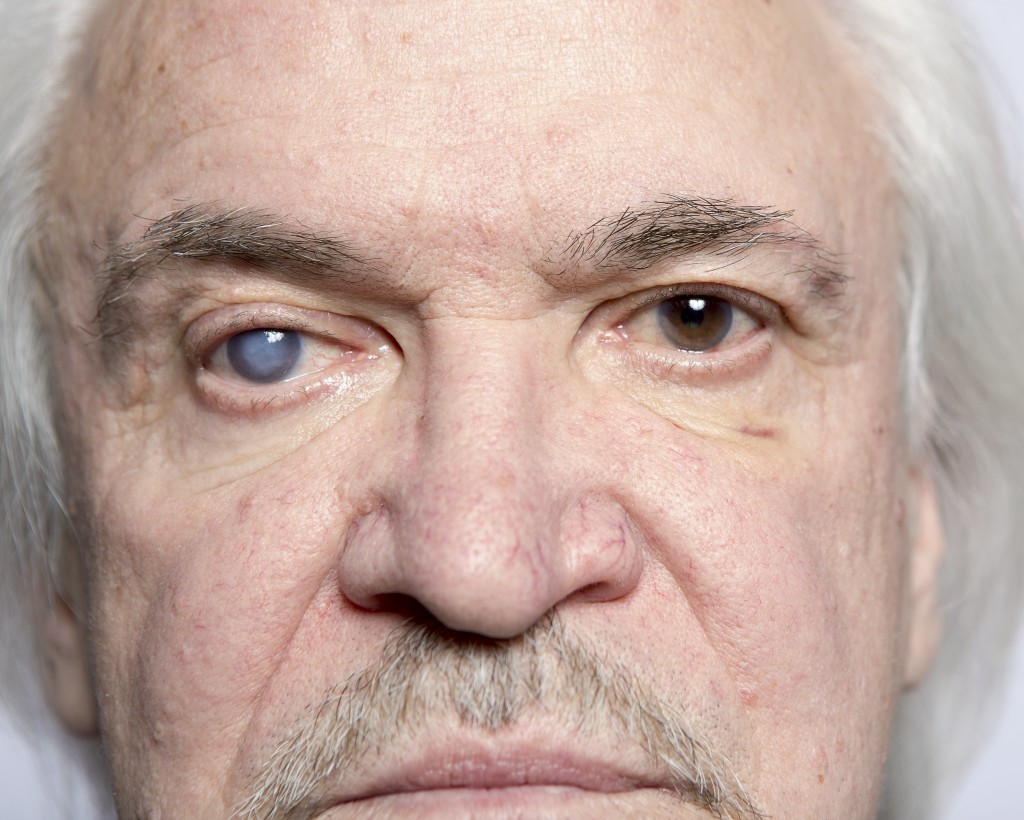In the U.K., more than 1.5 million people are partially or completely blind. By 2050, that number could double. In certain situations, the condition is progressive, but an eye test can help treat or manage the disease. But, many don’t because of false beliefs.
Cracking the most common myths will help save a person’s vision. Here’s some of them:
1. One doesn’t need an optician anymore.
Usually, people get confused between an ophthalmologist and an optometrist. For the overall eye care, the best person to approach is the former.
Meanwhile, for changes in the vision, the latter is a good choice. But, for those who need to wear lenses and frames for whatever reason, they still need the services of opticians in Penge.
An optician is responsible for designing, testing, and assessing the fit and style of the frames and lenses. They consider the prescriptions provided by the optometrists and the ophthalmologists. Having the proper glasses can improve comfort and even protect the eyes from further strain or fatigue.
2. Regular eye tests are not necessary.
The College of Optometrists recommends going through regular eye exams by the time one reaches the age of 16. The interval is every two years, but it may be shorter for those with eye complex problems.
The purpose of the exam isn’t only to track vision changes but also to spot underlying health problems. One of these is diabetes.
About 4 million people in the U.K. have diabetes, but many of them remain undiagnosed. In some cases, the symptoms don’t show until the disease is already severe. An eye checkup can detect any possible nerve damage, which is a common consequence of the condition.
3. Eye tests are expensive.
The fees to pay for the eye exams can vary, but so far, it’s about £22. That’s about 10 cups of Vanilla Spice Latte at Starbucks.
One can also get discount vouchers, and certain individuals could qualify for a free test. These include children, full-time teenage student between the ages of 16 and 18, seniors, and people with glaucoma and diabetes.
By correcting some of the misconceptions, one can learn to take care of their vision, mitigate the risks, and deal with sight problems more effectively.










